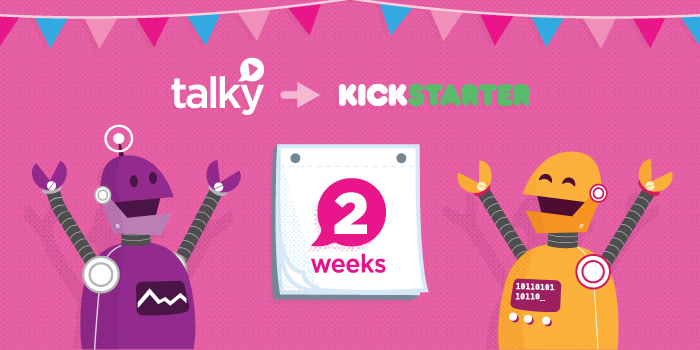Being true to our priorities, a shift in leadership at &yet
As founder, I (Adam Brault) have served as CEO of &yet since day one, and today we're making a change.
Our website says, "&yet is about people."
I believe priorities are what you do, not what you say they are.
We say that &yet is about people not as a cute feel-good line, but because we think it's the right thing to do, it's effective, and it works.


